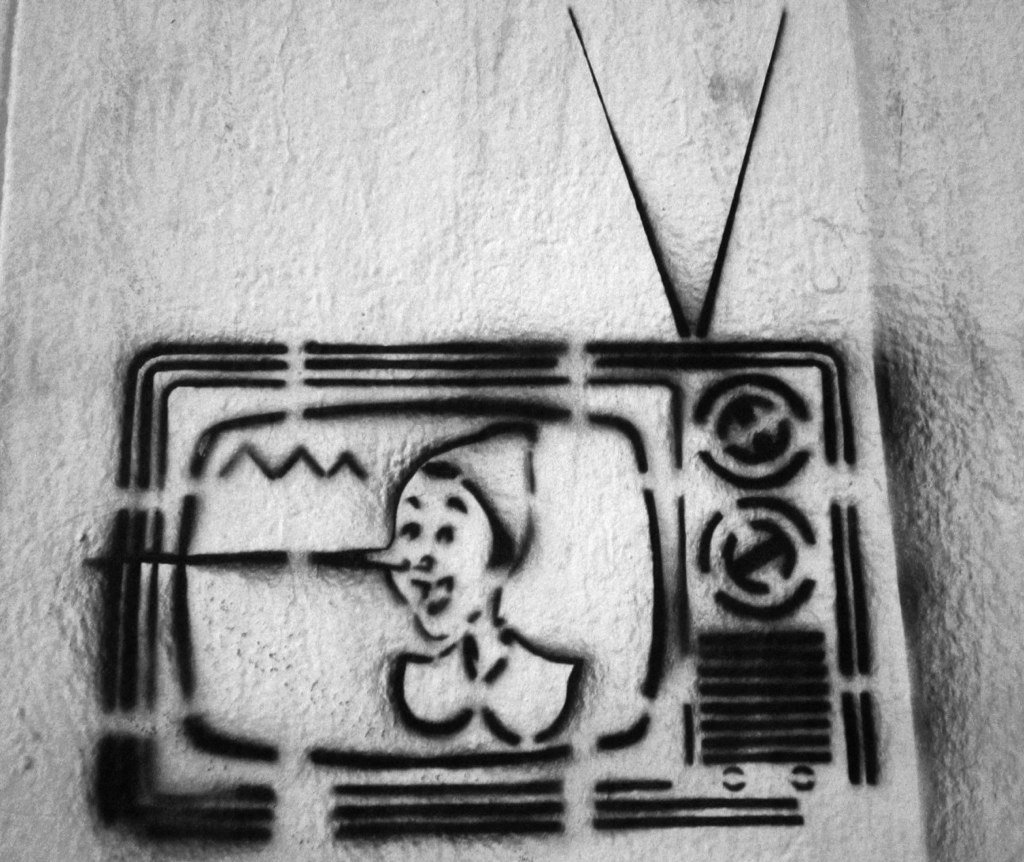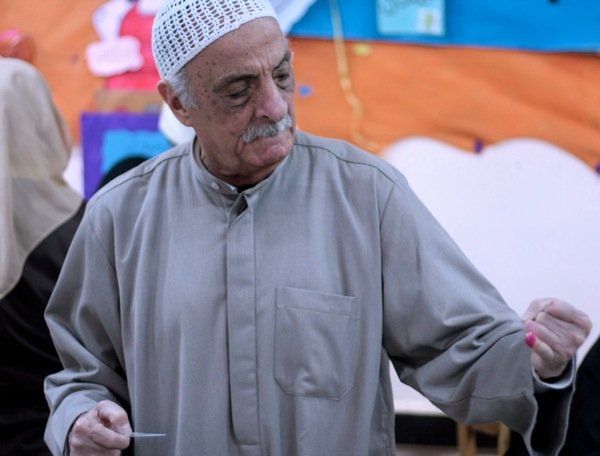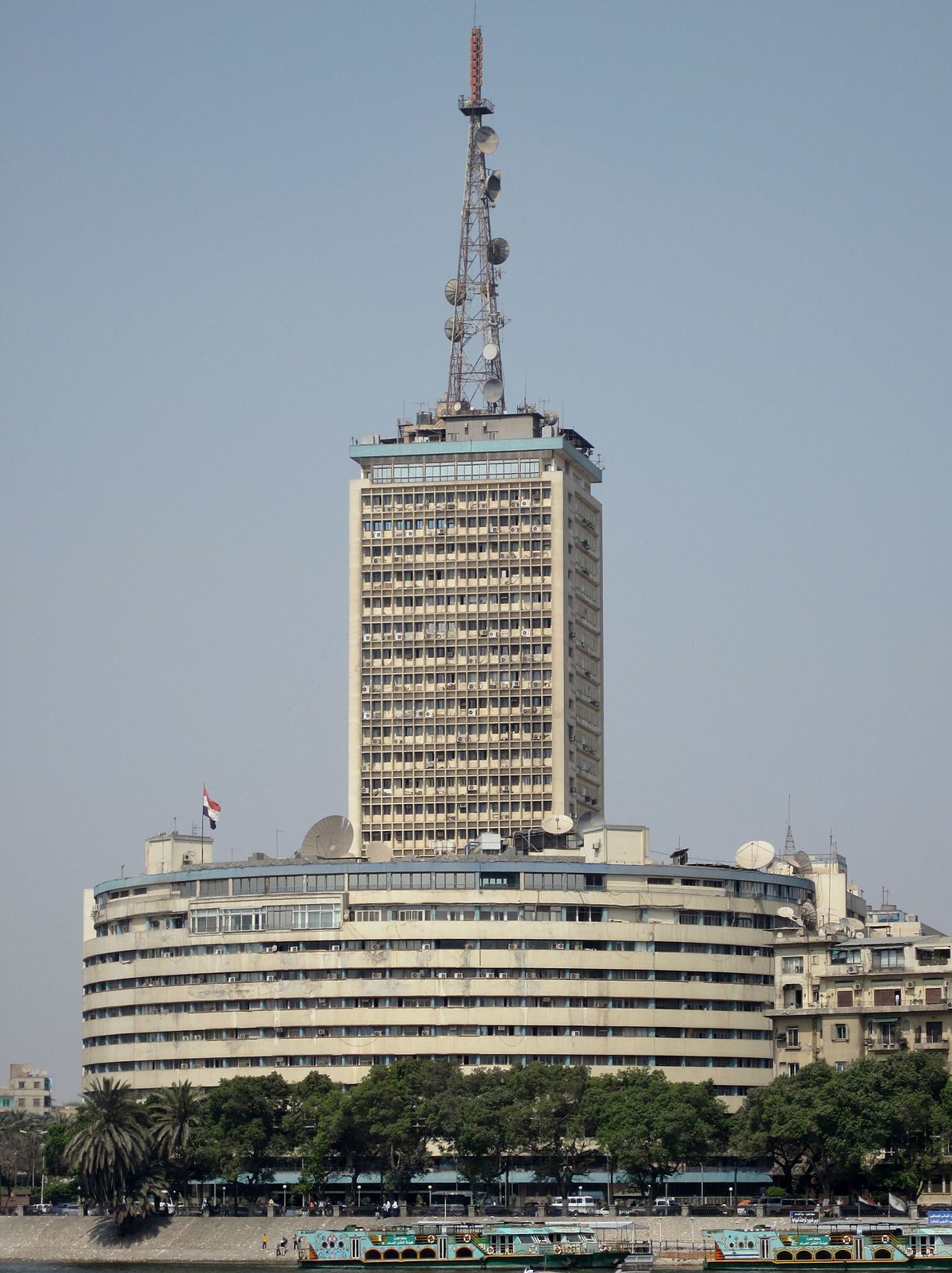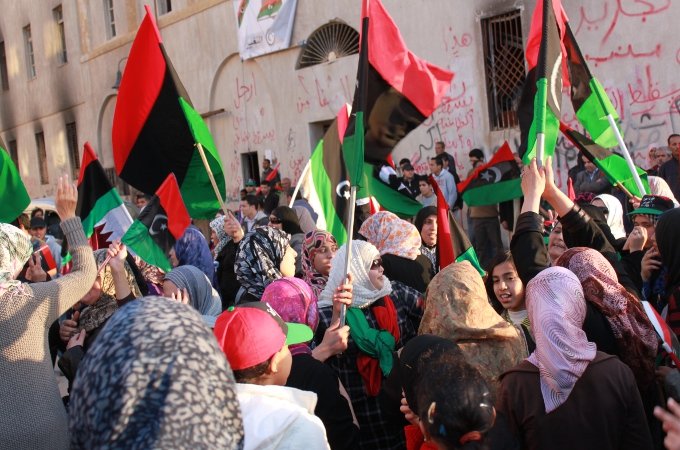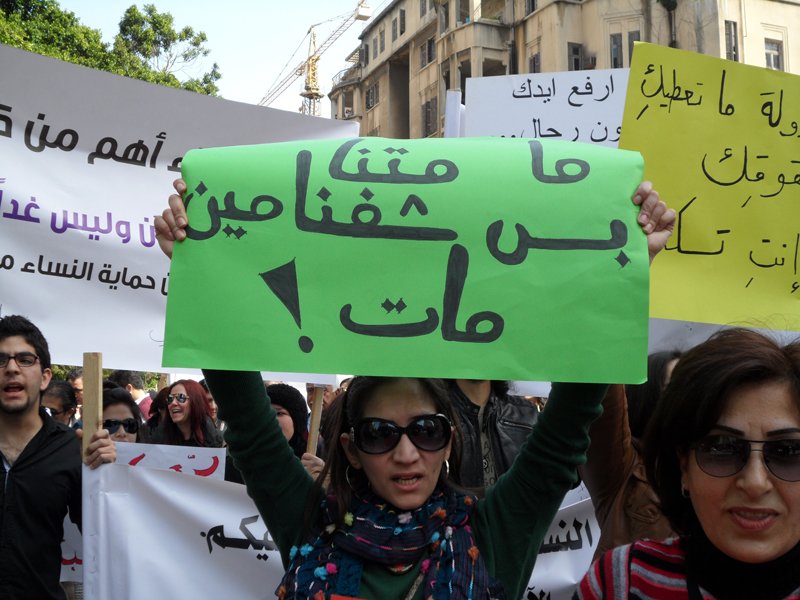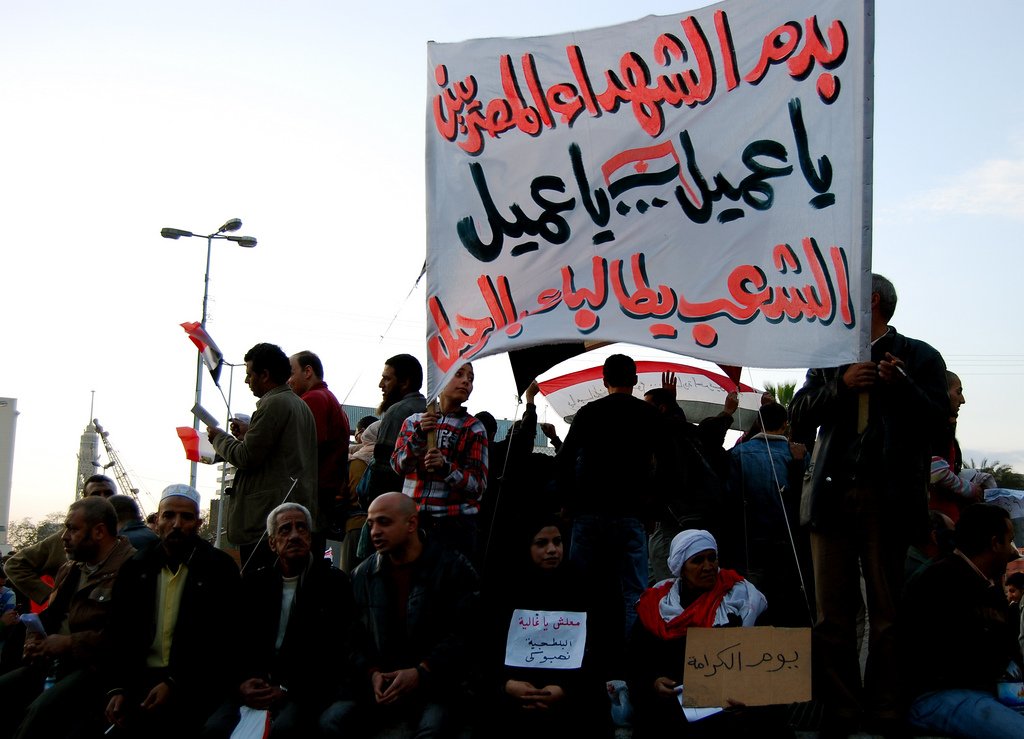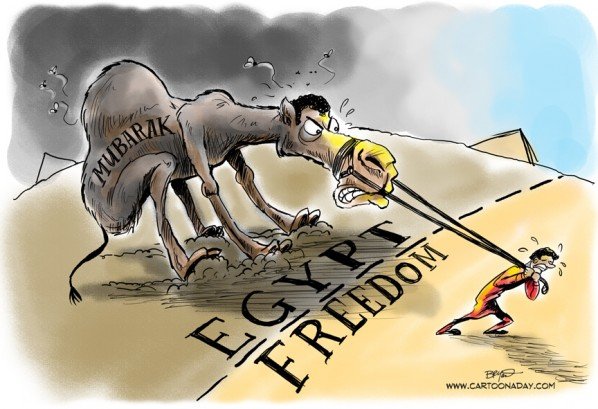In a short and critical read, Amr Khalifa draws attention to the Egyptian state’s influence on shaping the narratives propagated by national and local media, particularly television. Using initial coverage of the 2011 Revolution as a jumping off point, Khalifa argues that the same mechanisms for controlling the media have been used and reused by successive governments, and reflects on new limitations on freedom of expression, which he argues are more stringent than those seen under Gamal Abdel Nasser.
Read More »no
Asleep at the Press: Thoreau, the Nuances of Democracy and Egyptian Revolt
Through the lens of Thoreau’s conception of democracy Matthew Crippen investigates the international media’s framing of Mohamed Morsi’s overthrow in the summer of 2013. He questions why much of the Western media and Al Jazeera adopted the uniform narrative that the ouster was a coup and a travesty of democracy, despite its popular support. Without adjudicating whether or not the overthrow was anti-democratic, Crippen posits that the reasoning undergirding the dominant opinion among media pundits that it was remains questionable.
Read More »Mapping Egypt’s Media: State Influence in a Transforming Landscape
President of the Egyptian Radio and Television Institute Gamal El Shaer presents unique insight into the current Egyptian media landscape. Grounded in historical discussion of the evolution of broadcast, print, and digital media in Egypt, El Shaer offers lucid description and analysis of how we have arrived at the current post-Revolution media environment. This article also tackles some of the challenges currently facing the country’s media in terms of the relationship between the state and the media, ownership structures, research, and professionalism.
Read More »Striving for Excellence in Egyptian Media: Findings from the Egypt Media Forum
The Egyptian American Dialogue Initiative (EADI), in collaboration with George Washington University and Gallup hosted the Egypt Media Forum in Washington, DC from October 1 to 3, 2014. The Forum brought together a group of prominent Egyptian and international experts on media and policy to discuss media sector reform in Egypt. This report, jointly published by Arab Media & Society and EADI, offers a summary of the discussion that took place, as well as key recommendations that emerged.
Read More »Social Media in Syria’s Uprising and Post-Revolution Libya: An Analysis of Activists’ and Blogger’s Online Engagement
Masudul Biswas and Carrie Sipes perform a comparative content analysis of Twitter and Facebook posts from a sample of Syrian and Libyan activist groups. By considering online content in the context of post-revolution Libya and the continuing upheaval in Syria, the authors shed new light on online activist agenda-setting. They find that while social media is used as a tool to maintain and expand momentum during revolution, in a post-revolution climate the same media serves as a venue for idea-sharing and political discourse.
Read More »3 Years Since the Spring Online Version
Audiovisual Translation in the Arab World (v 0.4): Mapping the Field
As part of an ongoing body of literature on audiovisual translation in the Arab World, Muhammad Y Gamal examines barriers to localization in an increasingly digital world. Gamal posits that closing the regional gap and developing local expertise requires a multi-pronged approach, targeting both pedagogy and practice.
Read More »Digital Activism: Efficacies and Burdens of Social Media for Civic Activism
In a comprehensive study of social media usage among social movement organizations in Lebanon, Jad Melki and Sarah Mallat investigate the efficacy of digital technology as a tool for activism. The authors find that while social media platforms offer a number of perceived benefits to activism work, there remain significant obstacles that manifest both on and offline.
Read More »The Discourse of Egyptian Slogans: from ‘Long Live Sir’ to ‘Down with the Dictator’
El Mustapha Lahlali investigates the power of political slogans in Egypt. By revisiting the discourse of early 2011 and surgically analyzing the linguistic content of a wide array of slogans, Lahlali offers new insight into the political, social and religious undercurrents that reverberated through the country during this time. Lahlali points to a period characterized by the democratization of discourse, which he argues, disappeared as rapidly as it emerged.
Read More »Mubarak Framed! Humor and Political Activism before and during the Egyptian Revolution
In an entertaining and insightful read, Deepa Anagondahalli and Sahar Khamis delve into the world of Egyptian political humor, unpacking its historical roots and reflecting on its evolution from private banter to public resistance. Focusing on Mubarak’s presidency and subsequent ouster, the authors identify a stark shift from long narrative jokes, to the biting “weaponized” one-liners that emerged in his final days. Humor, they conclude, is a paradoxical yet powerful tool for activism, which despite more recent crackdowns has proven to be a relatively safe platform for dissent.
Read More » Arab Media & Society The Arab Media Hub
Arab Media & Society The Arab Media Hub
